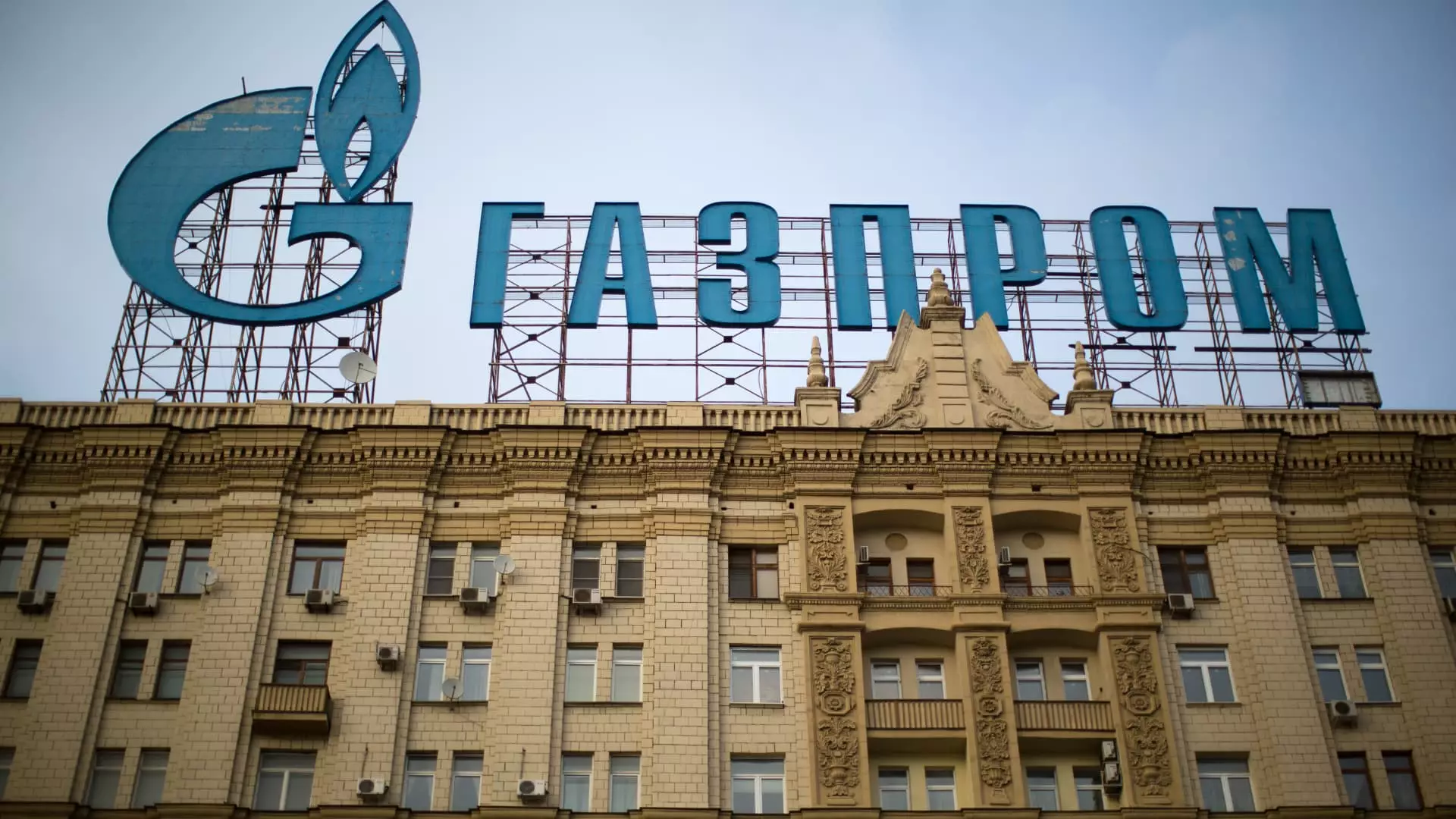On January 1, 2024, Gazprom, the Russian state-owned energy behemoth, announced it would cease gas deliveries to Moldova, a country aspiring for European Union membership. This stark decision came amid allegations of unpaid debts, compounding Moldova’s energy crisis as it braces for potential power shortages. Gazprom’s communication emphasized that it reserves the right to escalate actions, including terminating its existing contract with Moldovagaz, the nation’s primary gas operator. The cessation of gas is set to directly affect the Kuciurgan power plant, the largest electricity generation facility in Moldova, crucial for powering significant portions of the country.
Moldova’s swift acknowledgment of the strained circumstances underscores the growing unease within the region. Official statements from Chisinau accused Moscow of manipulating energy supply as a weapon against its Western-leaning government. The Kuciurgan plant, now a focal point in this crisis, was privatized in 2004 under dubious circumstances involving Transnistrian authorities and later acquired by a Russian state entity. Despite this, Moldova, with its pro-Western stance, vehemently disputes the legitimacy of the privatization, reflecting a broader struggle for sovereignty and influence over its energy resources.
The Moldovan government recently enacted a state of emergency in the energy sector, partly in anticipation of Russia’s maneuvering. As the winter months loom, concerns have escalated that Moscow might leverage its energy supply as part of a broader strategy of exerting influence over Moldova. In response, a special commission was established to mitigate potential shortages and explore emergency alternatives should Gazprom’s supplies falter.
A contentious aspect of this crisis is the debt that Gazprom asserts Moldova owes, claimed to be nearly $709 million. This figure has been met with fierce resistance from the Moldovan government, which counters that independent audits from British and Norwegian firms indicate the actual debt may be no more than $8.6 million. The situation brings to light the complex and often opaque nature of energy agreements in the region, where financial obligations can be subject to manipulation and political leverage.
Moldovan Prime Minister Dorin Recean has been vocal about the country’s stance, dismissing Gazprom’s claim as invalidated by international scrutiny. He further emphasized his government’s commitment to diversifying energy sources, aiming to lessen dependency on Russian gas, especially from the Kuciurgan plant. The call for legal recourse, potentially through international arbitration, illustrates Moldova’s determination to protect its national interests against what it perceives as unjustified aggression.
In anticipation of potential gas outages, the Moldovan government has initiated a series of measures designed to curb energy consumption effective January 1. These strategies include reducing lighting in public and commercial spaces by at least 30% and encouraging energy-intensive industries to operate during off-peak hours. This proactive approach underscores the urgent need for Moldova to navigate the looming energy crisis that the Gazprom decision has exacerbated.
The historical context surrounding Moldova’s dependency on Russian energy sources lays bare the ramifications of geopolitical tensions. Following the invasion of Ukraine in 2022, Moldova’s energy landscape has undergone significant reevaluation. The country has actively sought new partnerships, looking beyond its traditional ties to Russia, and engaging with Western energy markets to secure alternatives.
Moldova’s struggles with energy supply disruptions reflect broader geopolitical complexities in Eastern Europe, accentuating the struggle for independence from Russian influence. With Gazprom’s recent actions, Moldova stands at a pivotal junction, where its responses will not only shape its energy future but also its political alignment. As regional tensions continue to rise, Moldova’s ongoing efforts to diversify its energy portfolio and assert its sovereignty will be critical in determining the path forward in a geopolitically fraught environment. Ultimately, how Moldova navigates this crisis may set a precedent for other nations in the region that find themselves amidst similar struggles for energy independence.


Leave a Reply